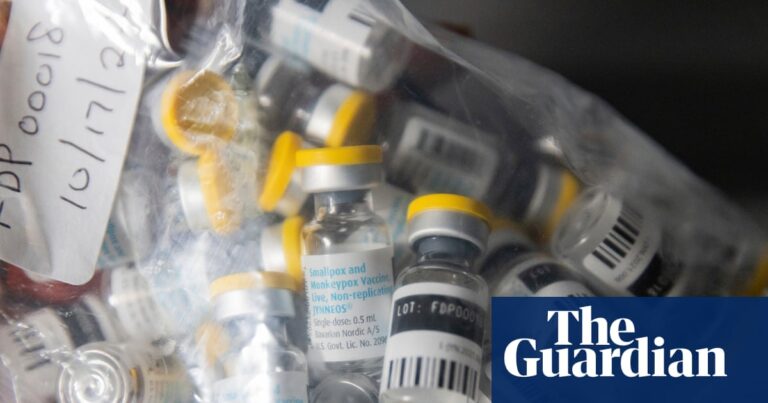According to the study conducted by researchers from the International Agency for Research on Cancer (IARC), the World Health Organisation’s (WHO) cancer arm, nearly two-thirds of the 15.6 million cases could occur in Asia alone. Researchers estimate that India and China together may account for approximately 6.5 million new cases. Gastric cancer currently ranks as the fifth leading cause of cancer-related deaths globally.
By CNBCTV18.com
A recent study published in Nature Medicine has projected that over 15 million people born between 2008 and 2017 may develop gastric cancer during their lifetime, with India expected to record the second-highest number of cases after China.
According to the study, nearly two-thirds of these 15.6 million cases could occur in Asia alone. Researchers estimate that India and China together may account for approximately 6.5 million new cases, with India projected to witness over 1.6 million cases if current control measures remain unchanged.
The analysis, conducted by researchers from the International Agency for Research on Cancer (IARC), the World Health Organisation’s (WHO) cancer arm, used global incidence data from the GLOBOCAN 2022 database and demographic projections from the United Nations.
One of the study’s most significant findings is that 76% of the projected cases are linked to Helicobacter pylori infection — a common and persistent bacterial infection of the stomach, known to be a leading cause of gastric cancer.
Also Read: Warmer climate could be making cancer among women more common, study says
Gastric cancer currently ranks as the fifth leading cause of cancer-related deaths globally. While the current burden is lower in regions like sub-Saharan Africa, the study warns of a potential six-fold increase in future cases in that region.
The authors have called for urgent investment in preventive strategies, particularly population-level screening and treatment for Helicobacter pylori, noting that such interventions could reduce future gastric cancer cases by up to 75%. They caution that rising incidence among younger populations, combined with an ageing global population, may reverse recent gains in controlling the disease.
The study underscores the pressing need for countries, especially those in Asia, to scale up efforts in combating gastric cancer through early detection and targeted public health measures.
(Edited by : Priyanka Deshpande )
Check out our in-depth Market Coverage, Business News & get real-time Stock Market Updates on CNBC-TV18. Also, Watch our channels CNBC-TV18, CNBC Awaaz and CNBC Bajar Live on-the-go!













